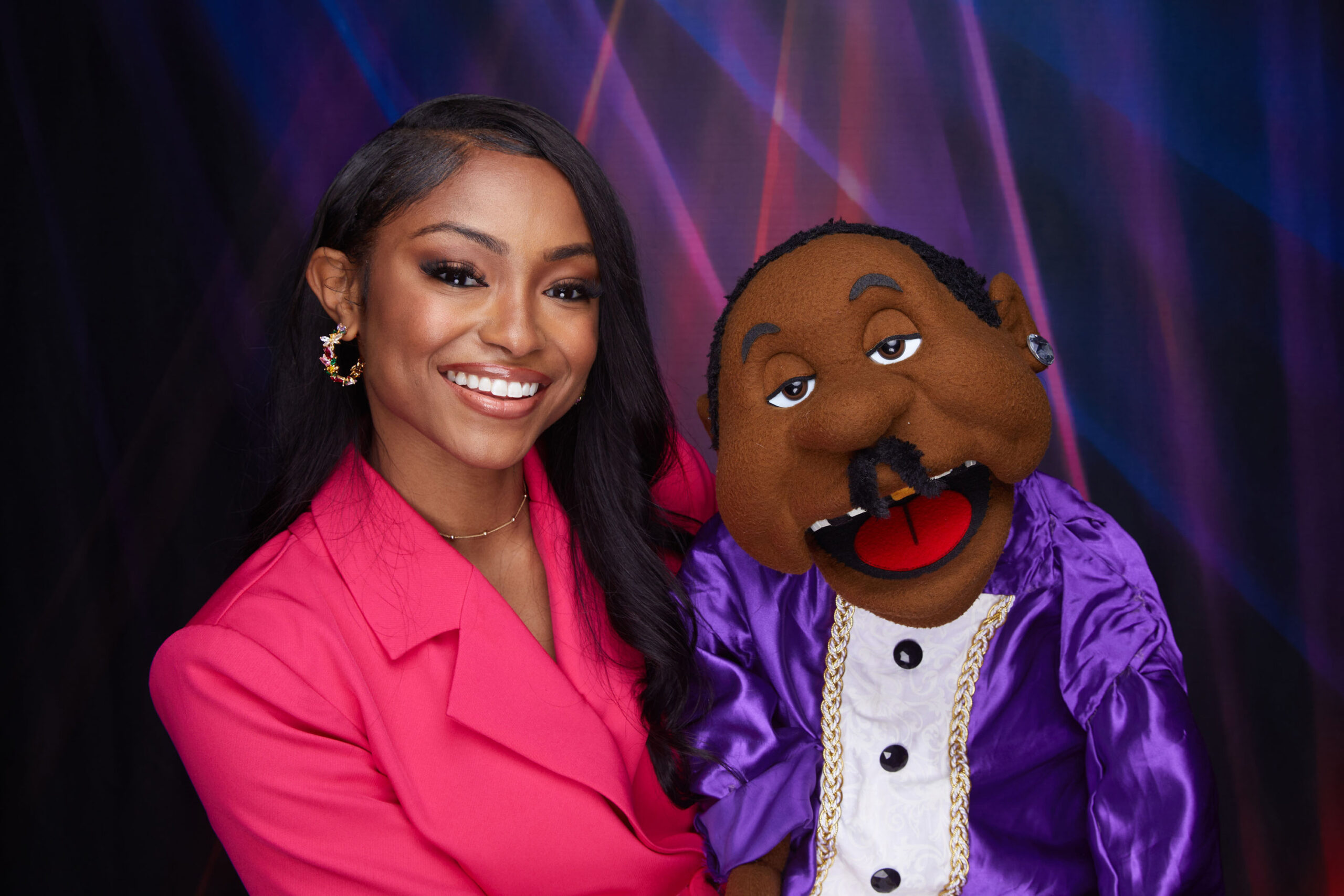Sesame Street has consistently stood out as a show focused on inclusivity. Recently, a resurfaced video clip featuring Gabrielle, a Black character portrayed by puppeteer Megan Piphus, brought to light the show’s commitment to showcasing Black culture. In the heartwarming episode, Gabrielle joyfully tells her friends about the tradition of wash day, a ritual familiar to many Black households. This moment not only resonated with viewers but also marked a milestone as Piphus made history as the first Black woman puppeteer on Sesame Street.
This instance is a reminder of Sesame Street’s lengthy history of showing the diversity of cultural backgrounds, specifically that of Black people.
Championing Diversity from the Start
Sesame Street’s dedication to representing diverse cultures traces back to its inception. Launched in 1969, the show emerged during a pivotal era of racial inequality in education. Recognizing the urgent need for inclusive programming, the creators, in collaboration with educational experts, crafted a curriculum that celebrated multiculturalism. Dr. Chester Pierce, a leading figure in the Black community, played a crucial role in shaping the show’s “hidden curriculum,” aimed at empowering children of color and fostering a positive self-image.
Roosevelt Franklin
In February 1970, Sesame Street introduced Roosevelt Franklin, its first Black puppet character. Voiced by Matt Robinson, Roosevelt aimed to address the lack of content catering to Black children. However, his portrayal sparked controversy, with some criticizing the character as stereotypical. Despite the debates, Roosevelt Franklin became a fixture on the show, emphasizing themes of pride and identity through songs and segments. His presence marked a significant step towards inclusivity.
A Town Hall on Racism
During the Black Lives Matter movement in 2020, Sesame Street partnered with CNN for a town hall on racism. It provided a platform for children and parents to address pressing issues. Characters like Elmo and Abby Cadabby, taught viewers about systemic racism and the importance of standing up against injustice. Atlanta Mayor Keisha Bottoms joined the town hall as well to offer words of wisdom and emphasize the need for honest conversations.
Redefining Racial Literacy with New Black Characters
During its “Coming Together” initiative in 2021, Sesame Street introduced two new Muppet characters, Wesley and Elijah. They were brought on the show to facilitate discussions on racial identity. Through open dialogue and gentle guidance, Wesley and Elijah educated viewers, including Elmo, about the significance of melanin and embracing differences.
1993 Episode on Racism: A Timeless Lesson
Even back in 1993, the show made sure to address racism. In a special racism-focused episode, it confronted prejudice head-on. The episode encouraged viewers to challenge discriminatory beliefs and promote inclusivity. Telly and Baby Bear’s efforts to educate others exemplified the show’s message of unity and acceptance.
